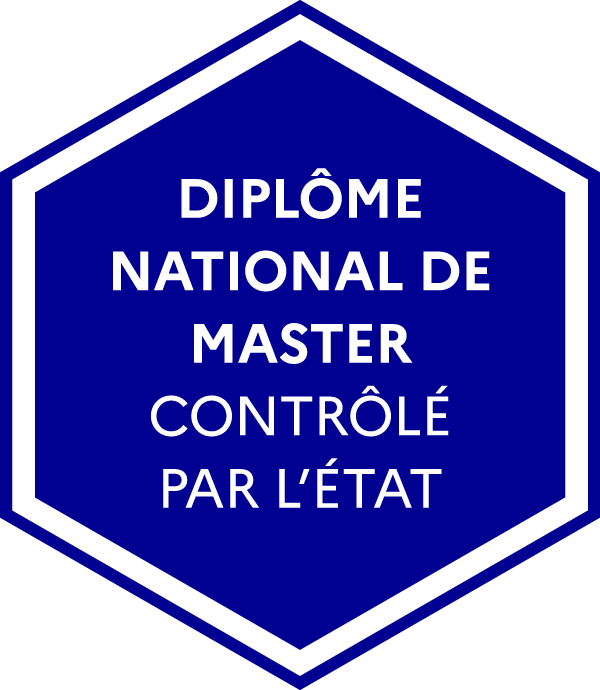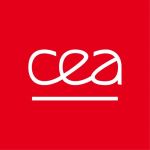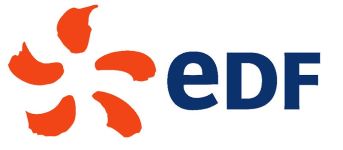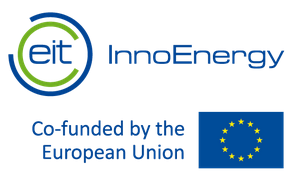Overview
Master
- Degree awarded Master
- Duration
Two years starting in August
Summary
This European Master is at the heart of InnoEnergy - a strongly integrated alliance of European key players from education, research and industry in the field of sustainable energy.
InnoEnergy aims at developing an innovation and entrepreneurship-driven culture to boost sustainable energy innovation in Europe. Thus, InnoEnergy will strive for the development of leaders, by building more agile and dynamic interfaces between industry and academia and promoting entrepreneurial mindset among students, researchers and business people.
The ongoing advances in nuclear science and technology play the central role in the development of future nuclear power systems, and are also crucial for how successfully we can handle the nuclear waste problem in a responsible manner. From this perspective, it is of vital importance to offer high quality education to the next generation of nuclear scientists and engineers.Objectives
This master combines outstanding technical training in nuclear energy along with best practices in innovation.
It includes a mobility within the academic partners (KTH, UPC, Grenoble INP and Paris) as well as a close collaboration with the main actors of the nuclear industry in Europe. This leads to lectures by professionals, in-house trainings and internships for the students.
Become a:
- Project manager in the nuclear industry
- Nuclear engineer with a knowledge ranging from design and construction, to operation and maintenance, to power station decommissioning and waste management of the fuel cycle.
- Researcher, continue with a PhD.
Specificities
Students spend a comprehensive first year in Sweden (KTH) or Spain (UPC) learning topics such as fundamentals of nuclear engineering, safety, radiation protection, all of them mandatory for any nuclear engineer.
In additition, first year students attend a summer school on innovation and energy management given by Grenoble Ecole de Management. This training will provide the students with an overview of innovation issues in energy markets in general and in nuclear technology in particular. The summer school will gather students from both 1st year universities ( UPC and KTH), allowing all EMINE students to get to know each other.
During the second year, students will specialize either in Materials science for nuclear energy at Grenoble INP or in nuclear reactor physics and engineering, nuclear plant design, operations, fuel cycle, or decommissioning and waste management in Paris.
-
Training partners
LaboratoriesPartnerships: GEM, Grenoble, KTH Stockholm, UPC Barcelona and a consortium of 5 universities in Paris
The strong partnership with engineers and researchers of EDF R&D and CEA working on materials for the nuclear industry will allow the students to refine their professional project and will facilitate contacts to find an internship at the end of the second year.Possible research laboratories:
CEA, ...EntreprisesIndustrial partnerships
AREVA
EDF
Vattenfall
ENDESA
The EIT Label is a quality seal awarded by the European Institute of Innovation and Technology (EIT) to a KIC educational programme that has been assessed positively by the EIT on the implementation of the EIT Quality Assurance and Learning Enhancement (EIT QALE) system and the application of specific quality criteria with focus on the EIT Overarching Learning Outcomes (EIT OLOs), robust entrepreneurship education, highly integrated, innovative 'learning by doing’ curricula, international mobility and outreach.Other institution(s) delivering the degreeIn partnership with GEM Grenoble, KTH STockholm, UPC Barcelona and a consortium of 5 Paris universities
Admission
Program
- Course duration
Two years starting in August
Program
*ECTS : European Credit Transfer System
Program subject to change
YEAR 1 (60 ECTS credits*)
First year courses at KTH (August - May)
Radiation, Protection, Dosimetry and Detectors
Sustainable Power Generation
Nuclear Reactor Physics, Major Course
Nuclear Reactor Technology
Nuclear Power Safety
Electives
Renewable Energy Technology
Thermal-Hydraulics in Nuclear Energy Engineering
Nuclear Physics
Radiation Damage in Materials
Generation IV Reactors
Nuclear Reactor Dynamics and Stability
First year courses at UPC (October-June)
Fundamentals of Nuclear Engineering and Radiological Protection
Nuclear Power Plants
Fuel Cycle and Environmental Impact
Regulations and Safety
Management of Nuclear Power Plants
Elective Block: Every year a series of elective courses will be offered and students should select 3 of them. Among others, the following courses will be offered:
Nuclear fusion
New designs in fission reactors
Instrumentation
Non-destructive rehearsal techniques
Monte-Carlo methods used for calculating radiation transport
YEAR 2 - Semester 1 (30 ECTS* credits)
Second year courses at Grenoble INP (September - January)
Fundamentals in Nuclear Energy
Materials for nuclear reactors
Physics of irradiated materials
Material ageing in a nuclear environment
-------------Choose one of the following ----------------------------
Components: courses at EDF R&D (90hrs)
Fuels: courses at CEA Cadarache (90hrs)
Second Year Courses at ParisTech
Five majors are possible at Paris:
Nuclear Reactor Physics and Engineering (website)
Nuclear Plant Design
Operations
Fuel Cycle (Engineering or Radiochemistry)
Decommissioning and Waste Management
Year 2 Semester 2: February - June (30 ECTS*)
- Internship minimum of 5 months
International
- Language of instruction All courses are taught in English
- Internship abroad No
Prospects
Careers
- Studying in an international environment in renown European universities and engineering schools
- Developing a privileged contact with industrials strongly involved in the Master's program
- Learning in contact with real industrial issues: courses are taught by engineers.
- Acquiring the aptitude to lead and manage cross-disciplinary projects in an international context.
- A focus on energy management and innovation to help students understand the Energy issues.
- Courses on entrepreneurship innovation in the nuclear industry and project management.
French State controlled Master's degree








